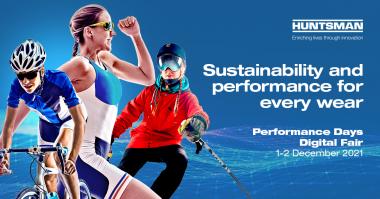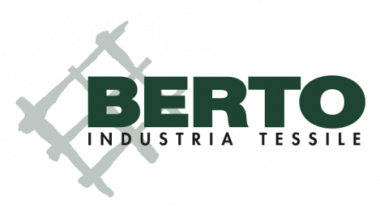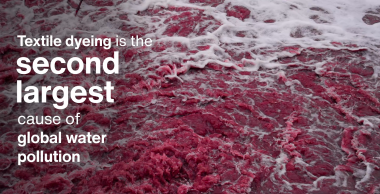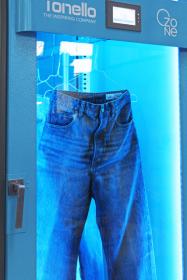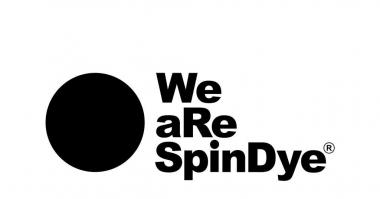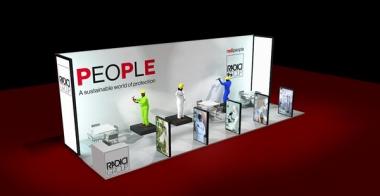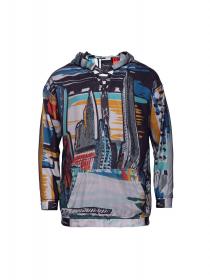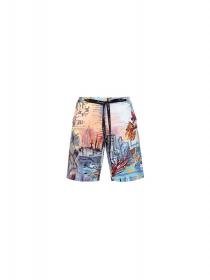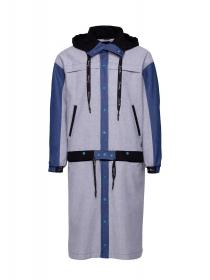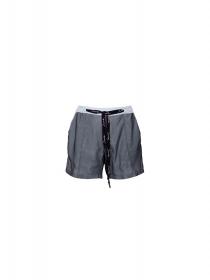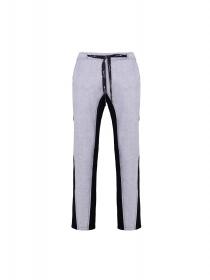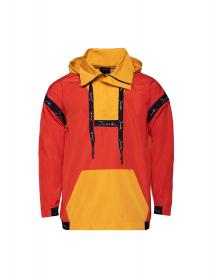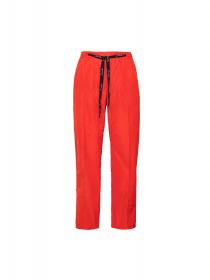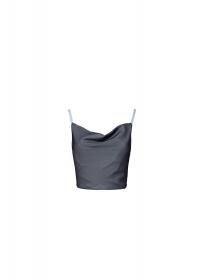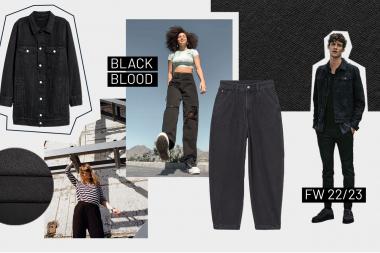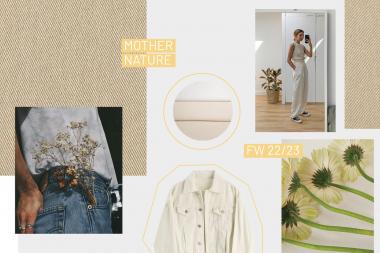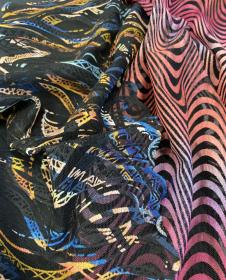Huntsman presents High-Performance Solutions and Protection Effects at Performance Days
Huntsman Textile Effects is bringing its complete end-to-end suite of high-performance solutions for sports apparel to Performance Days Digital Fair from December 1 to 2, 2021 virtually.
Driven by growing consumer interest in active and healthy lifestyles, coupled with the growing number of national sports participation programs that promote healthy living, the global sportwear market shows no signs of slowing. Brands that aim to satisfy this high-growth market need to be able to produce performance apparel that not only delivers sought-after functional capabilities and desirable aesthetics, but also comes with low environmental impact.
Huntsman will introduce the latest addition to the third generation of its revolutionary AVITERA® SE polyreactive dye range at Performance Days. AVITERA® ROSE SE delivers bluish-red shades while reducing the water and energy required for production by up to 50% and increasing mill output by up to 25% or more. It also significantly outperforms available dyeing technologies for cellulosic fibers and blends in terms of value, reducing recipe costs, minimizing processing costs and eliminating reprocessing.
Also in the spotlight are eco-friendly solutions for the challenges of achieving full whites and consistent shades on recycled polyester (rPET) with right-first-time quality. Huntsman’s rPET processing solutions include pre-treatment chemicals, fluorescent whitening agents, state-of-the-art washfast dyes, and finishing solutions for high-performance protection and comfort.
In partnership with Sciessent, Huntsman is also bringing revolutionary antimicrobial and odor-control solutions to Performance Days. These include Sciessent’s Agion Active® X2, a next-generation odor-control solution that combines advanced technologies to both capture and fight odor-causing bacteria for garments that smell fresh for longer and need less frequent washing. The partners are also previewing a new solution: Sciessent’s NOBO™, a cost-effective odor adsorber that provides odor control on virtually any fabric.
Other featured innovations include Teflon Eco Dry with Zelan™ R2 Plus technology. A breakthrough in sustainable water repellency, it contains 30% renewably sourced plant-based raw materials and meets or exceeds performance levels possible with traditional fluorinated technologies. Another exciting Huntsman solution is the new PHOBOL® Extender UXN – a product that optimizes water-repellent finishes for long-lasting fabric protection. It is free from butanone oxime, which has recently been re-classified in Europe and restricted above certain limits in products by bluesign®.
Huntsman Corporation


